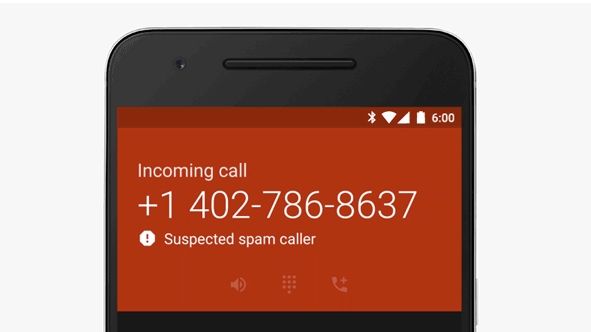
Cyber fraud has reached a brand new peak this yr – as international financial uncertainty takes maintain, synthetic intelligence (AI) improves, and regulatory frameworks weaken the defenses of companies and customers alike.
That is the conclusion printed within the Voice Intelligence & Security Report (opens in new tab) from voice tech specialists Pindrop (opens in new tab). Analyzing 5 billion calls and three million fraud circumstances throughout the largest monetary establishments, the corporate discovered that there’s been a 53% year-on-year enhance in fraudulent exercise in This fall 2022.
Regardless of the grim outlook, retail has it even worse based on the report, stating the business is now “probably the most fraud-dense verticals”. Apparently, one in each 347 calls is fraudulent inside name facilities that assist on-line retailers.
Retail beneath assault
However it’s not simply the decision facilities that the fraudsters are attacking. Ecommerce and bank card fraud can also be fairly prevalent. In reality, latest information discovered that 3.6% of all ecommerce income in 2022 was stolen by fraudsters, whereas cost fraud grew 40% year-on-year between 2021 and 2022.
To assist them commit this fraud, thieves are leveraging AI, principally to generate plausible deepfakes.
“Along with new applied sciences, fraudsters are reverting to pre-pandemic social engineering tips, inflicting retailers and monetary establishments billions in losses,” mentioned Vijay Balasubramaniyan, CEO and cofounder of Pindrop.
Regulators aren’t serving to both, regardless of their finest intentions. In some U.S. states there are legal guidelines that put additional restrictions on using biometrics, designed to guard consumer privateness (opens in new tab).
Nevertheless, the residents of those states are twice as more likely to expertise fraud, the researchers declare. They added that “these states additionally contribute to 33% of all fraud losses reported within the U.S.”
The human voice remains to be “a significant issue” for fraud detection, however some states are allegedly engaged on a invoice to control voice “with out notable safety of fraud-prevention exemptions,” which could render present detection mechanisms out of date.
